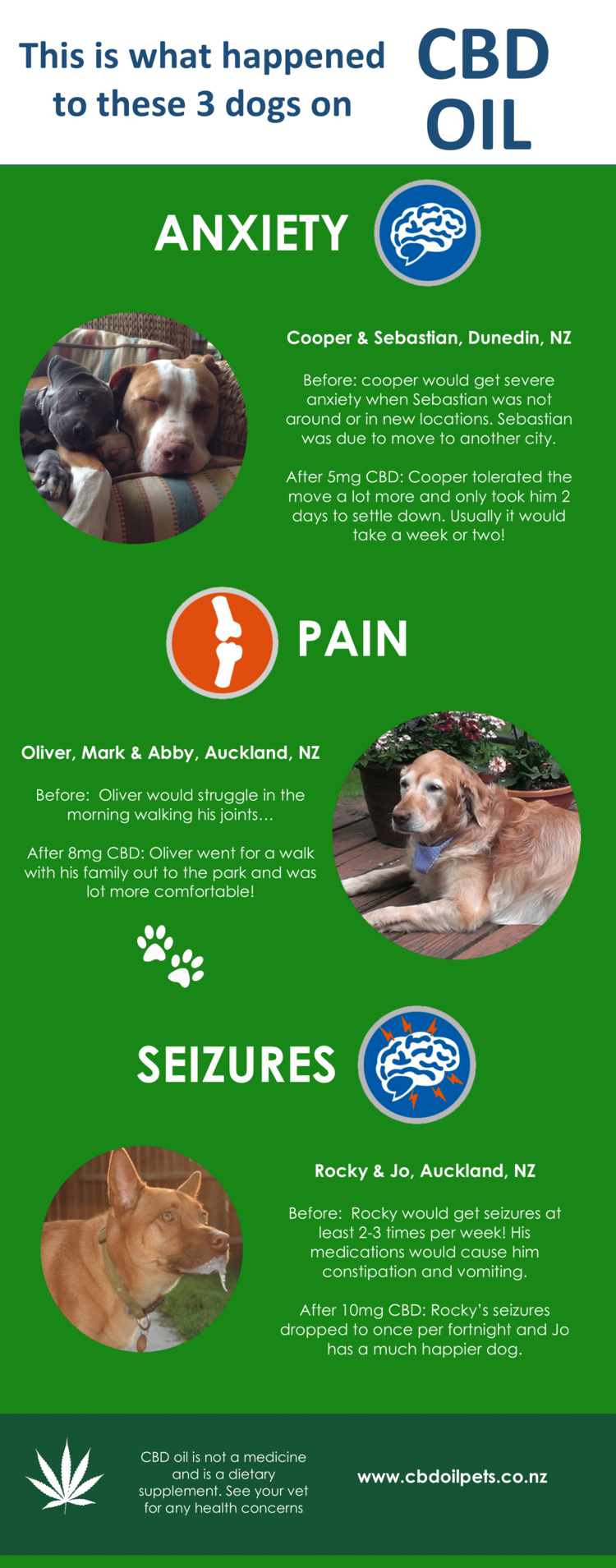Can Dog Daycare Help Prevent Boredom
Can Dog Daycare Help Prevent Boredom
Blog Article
Can Pet Daycare Reason Ailment?
Pet dogs in day care receive lots of workout, socializing with other dogs and one-of-a-kind experiences. This can be specifically practical for young puppies and canines with behavior problems.
There are a number of lawful factors to consider you require to take into account when starting a doggy daycare company. These consist of the framework of your service and conformity with federal government guidelines.
1. Pooch Distemper
Canine distemper is spread out via straight contact with the physical fluids and waste of an infected canine, however it can likewise be sent using common water and food bowls or through airborne droplets. This highly contagious disease is most harmful for young puppies, however it can affect pet dogs of any type of age and is deadly for the majority of if left unattended.
First symptoms of canine distemper often mimic a common cold, including runny eyes and nose with watery or pus-like discharge. As the disease progresses, a canine will develop fever, coughing, reduced appetite, vomiting and diarrhea. The virus can also attack the nervous system, resulting in seizures, twitching and partial or complete paralysis.
Reliable daycares decrease exposure to infection by requiring vaccinations, routine health examinations and adhere to rigorous health procedures. If your puppy seems overly tired or hopping, a day off may assist him recover, but you should stay clear of taking him back to day care up until these symptoms clear up.
2. Kennel Cough
Kennel coughing, likewise referred to as infectious canine tracheobronchitis or Bordetella, is a very transmittable viral or microbial illness that impacts the respiratory tract. It's generally moved with the exchange of saliva or air droplets that an ill dog breathes out. Social pet dogs are at higher threat for infection because of their regular interaction with each other, such as when they play, share food or water, smell one another or simply fulfill in a congested environment like a dog park or childcare.
One of the most typical symptom of kennel cough is a relentless and powerful cough that seems like something embeded the throat or retching. Typically, canines will divulge frothy white phlegm. If left untreated, a pet can establish pneumonia and be at serious threat forever.
A trusted daycare center must have strict cleansing and cleanliness protocols, sterilize all toys, food and water bowls consistently, and be open regarding their vaccination plans. Keeping your pet as much as date on their inoculations, particularly for bordetella and canine influenza, will greatly lower their possibilities of contracting the ailment.
3. Parvovirus
Canine parvovirus, or parvo, is an extremely contagious viral ailment that can be dangerous for puppies and young person pet dogs with poor body immune systems. It's most frequently spread by straight contact with contaminated pet dog feces-- which can happen when pets sniff, lick, or taste contaminated feces-- and indirectly from contaminated individuals, items, or environments (like kennels, brushing rooms and grass). Puppies and pets without total inoculation histories are specifically vulnerable to parvo.
The infection is very resilient, enduring in the environment for approximately nine years, and can conveniently be transferred in between canines by call through feces or on footwear, clothes, and bed linens contaminated with parvovirus. Otherwise treated promptly with IV fluids, electrolyte equilibrium, vomiting control medicines and anti-biotics to avoid second bacterial infections, a pet will quickly dry out and develop serious looseness of the bowels, which causes shock and dog overnight boarding near me blood poisoning. Parvo is challenging to heal when a pet has come to be ill, but with suitable vet care, lots of pups do survive this health problem.
4. Canine Influenza
Pooch influenza virus is very contagious and spreads with straight contact, sharing food and water bowls, licking or nuzzling other pets, through airborne beads, and via polluted surface areas. Vaccination is effective in minimizing the risk of infection and break outs.
The majority of affected pet dogs develop a mild respiratory system infection with a cough that lasts 1-3 weeks. They may likewise have nasal and eye discharge, sneezing, and lethargy. A few of one of the most serious situations cause pneumonia and a high fever.
If your dog exhibits any one of these signs and symptoms, do not bring them back to daycare up until they are healthy and balanced. If your dog is showing indications of severe fatigue or limping, speak to your veterinarian right away and make certain they get on healthiness supplements to help develop their resistance. A vet will assess your pet dog for signs and symptoms of the flu by taking a sample from the nose or throat, and blood tests can be done to verify.